Like most of those who study history, he (Napoleon III) learned from the mistakes of the past how to make new ones
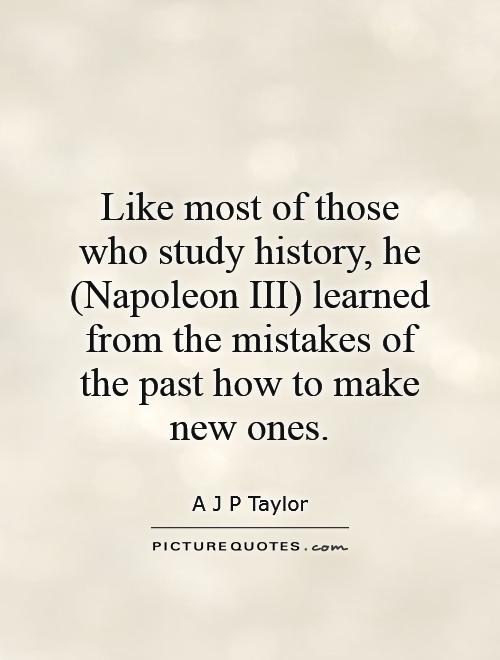
Like most of those who study history, he (Napoleon III) learned from the mistakes of the past how to make new ones
A.J.P. Taylor, a renowned British historian known for his provocative and controversial interpretations of history, would likely have a lot to say about the quote, "Like most of those who study history, he (Napoleon III) learned from the mistakes of the past how to make new ones." Taylor was known for his skepticism of traditional historical narratives and his willingness to challenge conventional wisdom. In this context, Taylor might argue that Napoleon III's understanding of history actually hindered his ability to avoid repeating past mistakes.Napoleon III, the nephew of Napoleon Bonaparte, rose to power as the President of the French Second Republic in 1848 and later declared himself Emperor of the French in 1852. He is often remembered for his ambitious modernization projects, such as the renovation of Paris and the construction of the Suez Canal. However, his reign was also marked by political repression, military defeats, and ultimately, his downfall in the Franco-Prussian War of 1870.
Taylor might argue that Napoleon III's attempts to emulate the successes of his famous uncle, Napoleon Bonaparte, ultimately led to his downfall. By studying the mistakes of the past, Napoleon III may have believed that he could avoid the pitfalls that had plagued his uncle's reign. However, in doing so, he may have overlooked the unique challenges and circumstances of his own time.
Taylor might also point out that Napoleon III's reliance on authoritarianism and military force to maintain power ultimately alienated his own people and weakened his regime. By failing to adapt to the changing political landscape of the mid-19th century, Napoleon III ultimately set himself up for failure.
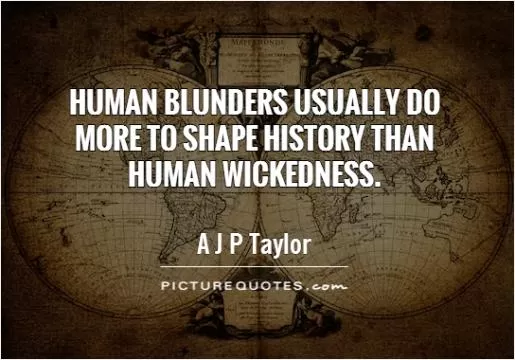




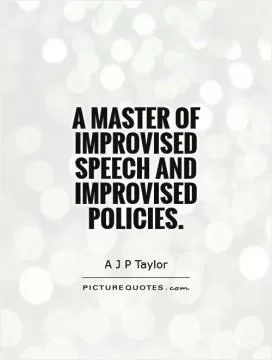
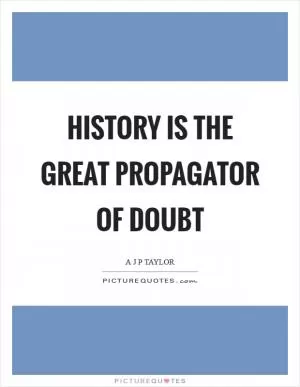
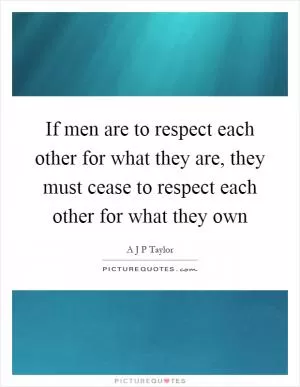

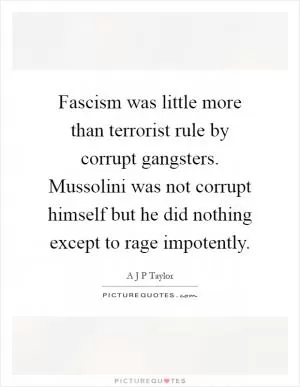
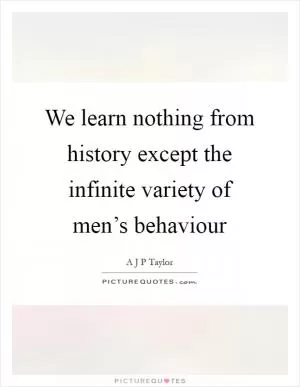

 Friendship Quotes
Friendship Quotes Love Quotes
Love Quotes Life Quotes
Life Quotes Funny Quotes
Funny Quotes Motivational Quotes
Motivational Quotes Inspirational Quotes
Inspirational Quotes